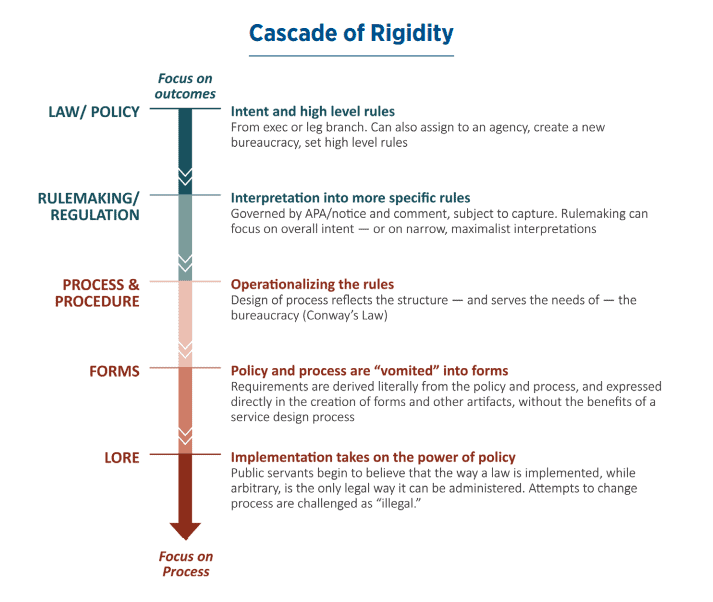There’s a common first-things-first productivity parable of the rocks and the jar. It goes like this:
Imagine you have an empty jar that represents your life, and you have different sizes of rocks that represent different priorities and commitments. The big rocks represent the most important things in life, like your family and health. Medium rocks would be secondary priorities like intermediate career goals, social commitments—other worthwhile but less crucial activities. And finally, the small rocks and sand represent the minor daily tasks, distractions, and time-fillers that can easily consume our attention.
The thrust: If you fill your jar with sand and small rocks first, you won’t have room for the big rocks. But if you put the big rocks in first, then the medium rocks, the sand will filter down into the spaces between them—and everything fits.
From Oliver Burkeman’s Four Thousand Weeks: Time Management for Mortals:
Here the story ends—but it’s a lie. The smug teacher is being dishonest. He has rigged his demonstration by bringing only a few big rocks into the classroom, knowing they’ll all fit into the jar. The real problem of time management today, though, isn’t that we’re bad at prioritizing the big rocks. It’s that there are too many rocks—and most of them are never making it anywhere near that jar. The critical question isn’t how to differentiate between activities that matter and those that don’t, but what to do when far too many things feel at least somewhat important, and therefore arguably qualify as big rocks.
That tracks.
The Art of Creative Neglect Principle number one is to pay yourself first when it comes to time. I’m borrowing this phrasing from the graphic novelist and creativity coach Jessica Abel, who borrowed it in turn from the world of personal finance, where it’s long been an article of faith because it works.
Abel saw that her only viable option was to claim time instead—to just start drawing, for an hour or two, every day, and to accept the consequences, even if those included neglecting other activities she sincerely valued. “If you don’t save a bit of your time for you, now, out of every week,” as she puts it, “there is no moment in the future when you’ll magically be done with everything and have loads of free time.”
From both of these passages, my takeaway is that we can’t hope it actually choose all the rocks in some cohesive way. Avoid some of the useless filler sand, sure. But, maybe, don’t wait and just choose a rock sometimes:
Thinking in terms of “paying yourself first” transforms these one-off tips into a philosophy of life, at the core of which lies this simple insight: if you plan to spend some of your four thousand weeks doing what matters most to you, then at some point you’re just going to have to start doing it.
The easy trap is the too many coals in the fire:
The second principle is to limit your work in progress. Perhaps the most appealing way to resist the truth about your finite time is to initiate a large number of projects at once; that way, you get to feel as though you’re keeping plenty of irons in the fire and making progress on all fronts. Instead, what usually ends up happening is that you make progress on no fronts—because each time a project starts to feel difficult, or frightening, or boring, you can bounce off to a different one instead. You get to preserve your sense of being in control of things, but at the cost of never finishing anything important.
I’m trying to work through a backlog of abandoned work, but at this point my inability to focus, attend, and limit possibilities is a core character flaw.
